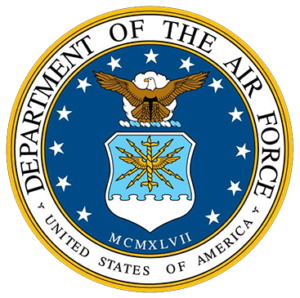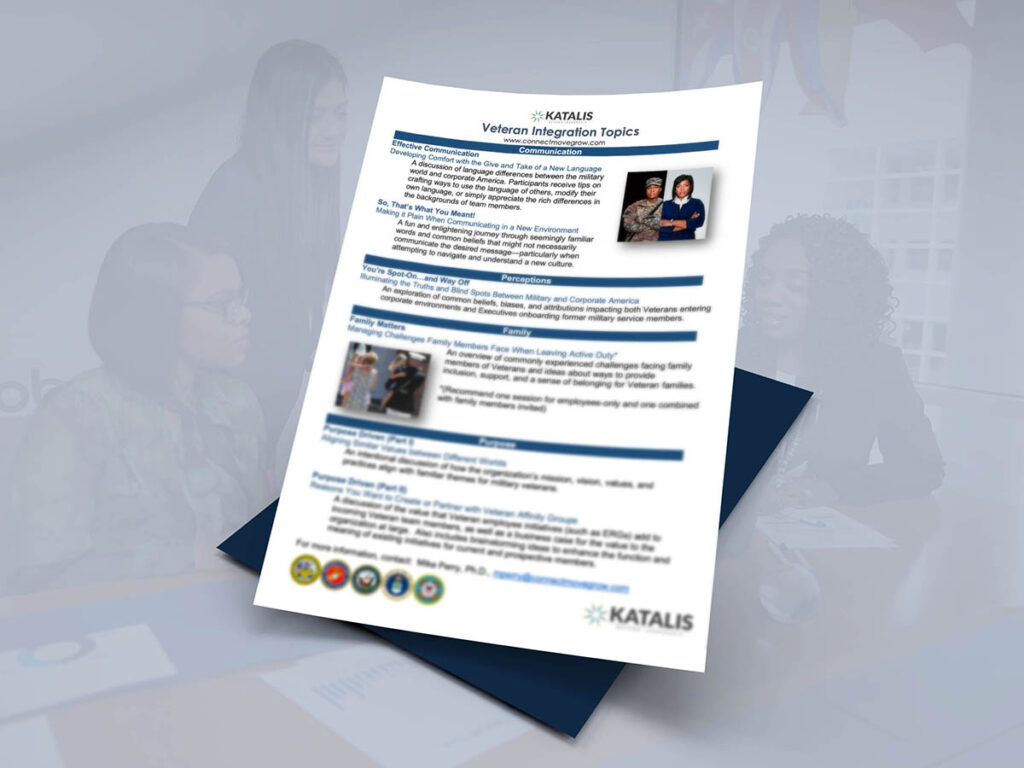Veteran Transition






Hundreds of thousands of men and women leave the military each year—most in search of work.
Despite impressive hiring initiatives by corporate America, well over half of veterans leave their first job after leaving the military in less than two years.
Employers may not be aware of the unique challenges that separating from military service and returning to civilian life can present. Below are a few:
- Veteran may have to adjust to family routines created during deployments and long duty days
- When moving to a new base or post, the military helps military personnel and families adjust. This structure is rarely in place when someone separates from the military.
- May have never looked for, applied for, or interviewed for a civilian job.
- Must translate military skills and duties into civilian terms and create a resume, which many may have never created. The military uses a detailed service record to describe past jobs.
- After deployment, National Guard/Reserve service members must adjust to resuming a previous job or similar job at the same company. Some may be behind a desk as soon as 3 days after leaving a combat zone.
- Returning to work may include a period of catching up, learning new skills, or adjusting to a new position, as well as adjusting to social changes that may have occurred in the workplace.
- The military provides structure and has a clear chain of command which does not naturally exist outside the military. A Veteran must create structure or adjust to living with more ambiguity.
- In the military necessities often provided with few choices to make (e.g., eating at determined times in a certain place, uniforms, military housing, etc. *Varies based on rank.)
- The vast and sudden array of choices after transitioning can sometimes be overwhelming.
- Military personnel do not leave until the mission is complete. In the private sector, an employee might be expected to stop and go home at 5pm, whether the “mission” is complete or not.
- Civilian workplaces may be competitive environments, as opposed to the collaborative camaraderie generally expected of the military.
- Prioritizing one’s own needs, as opposed to the needs of friends, peers, or family, may be difficult.
We have designed the following experiences to assist Veterans and families as they transition to civilian life and to prepare leaders in the workplace to create a culture that taps into the exceptional talent these professionals have to offer.

